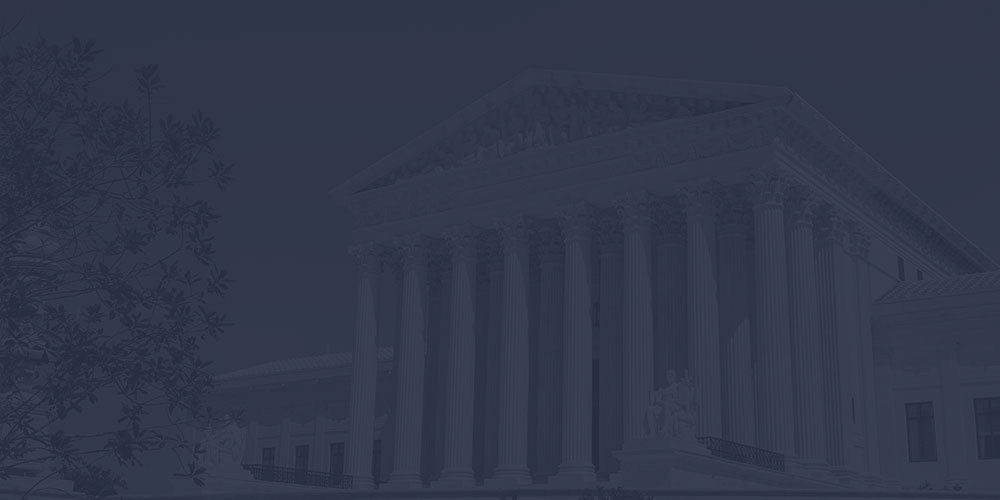On January 1, 2024, the Illinois Paid Leave for All Workers Act (the Act) will go into effect, requiring Illinois employers to provide covered employees with up to 40 hours of paid leave within a 12-month period, to be used for any reason. Illinois will be the first state in the Midwest and the third state overall with a mandatory paid time off law. Given the broad nature and intent of the law, Illinois employers should review their own leave policies to ensure they are in compliance with the Act.
Eligibility for Paid Leave
The Act applies to all employers in Illinois, including individuals and partnerships, the State and units of local government, any political subdivision of the State or units of local government, or any State or local government agency. However, the Act does not apply to public school districts organized under the School Code, park districts organized under the Park District Code, or any of the following:
- Employees as defined by the Railroad Unemployment Insurance Act or the Railway Labor Act;
- Students enrolled and attending college or a university who are employed by the college or university on a temporary basis at less than full time;
- Short-term employees of an institution of higher education for less than 2 consecutive calendar quarters during a calendar year and who do not have a reasonable expectation of being rehired for the same job in the next calendar year;
- Employees working in the construction industry who are covered by a bona fide collective bargaining agreement (CBA); and
- Employees who are covered by a bona fide CBA with an employer that provides services nationally and internationally of delivery, pickup, and transportation of parcels, documents, and freight.
Accrual and Use of Paid Leave
Under the Act, covered employees shall be entitled to earn and use up to a minimum of 40 hours of paid leave during a 12-month period for any purpose as long as the paid leave is taken in accordance with the provisions of the Act. Covered employees shall accrue one hour of paid leave for every 40 hours worked per 12-month period beginning on January 1, 2024. Employees who are exempt from the overtime requirements of the Fair Labor Standards Act, shall be deemed to have worked 40 hours each workweek unless their regular workweek is less than 40 hours, in which case paid leave shall accrue based on the employee’s regular workweek. Employees shall be eligible to begin taking leave 90 days after their employment begins or 90 days after January 1, 2024, whichever is later.
Employers shall provide paid leave under the Act upon an employee’s oral or written request. If the use of paid leave under the Act is foreseeable, the employer may require the employee to provide 7 calendar days’ notice before the date the leave is to begin. If leave is unforeseeable, employees need only provide notice as soon as is practicable. If an employer requires notice of paid leave under the Act when the leave is not foreseeable, the employer shall provide a written policy that contains procedures for the employee to provide notice.
Impact on Employers
Employers must post a notice provided by the Illinois Department of Labor (IDOL) in a conspicuous place at the workplace summarizing the requirements of the Act and information regarding filing a complaint. Employers must also maintain records for each employee showing the employee’s (1) hours worked; (2) paid leave accrued and taken; and (3) the remaining paid leave balance. Records must be retained for at least 3 years and must be available for inspection by the IDOL. The IDOL is responsible for administering and enforcing the Act, including conducting investigations. Employees may file complaints with the IDOL within 3 years of the alleged violation. If the IDOL finds cause to believe the Act has been violated, it shall notify the parties in writing, and the matter shall be referred to an Administrative Law Judge to schedule a formal hearing.
Employers who violate the Act’s posting requirements will be fined $500 for the first violation and $1,000 for each subsequent violation. Employers that otherwise violate the Act, are liable to the affected employee for damages in the form of actual underpayment, compensatory damages, and a penalty of $500 to $1,000. The Act also permits employees to recover appropriate equitable relief, including reasonable attorney’s fees, expert witness fees, and other costs associated with filing a complaint. Furthermore, employers will be subject to a $2,500 civil penalty for each separate offense to be deposited into the Paid Leave for All Workers Fund, a special fund created in the State treasury dedicated to enforcing the Act. For the purposes of this penalty, an “offense” is defined to mean any violation of the Act other than a violation of the posting requirement.
Conclusion
The Act will provide eligible employees with a new benefit and will require employers to provide paid leave for the first time. Employers should start reviewing their leave policies and making necessary adjustments to ensure compliance with the new law. For more information about the Act, please contact a GOT Law attorney.
Article written by Associate Attorney Hayley Hughes | Gausnell, O’Keefe & Thomas, LLC



